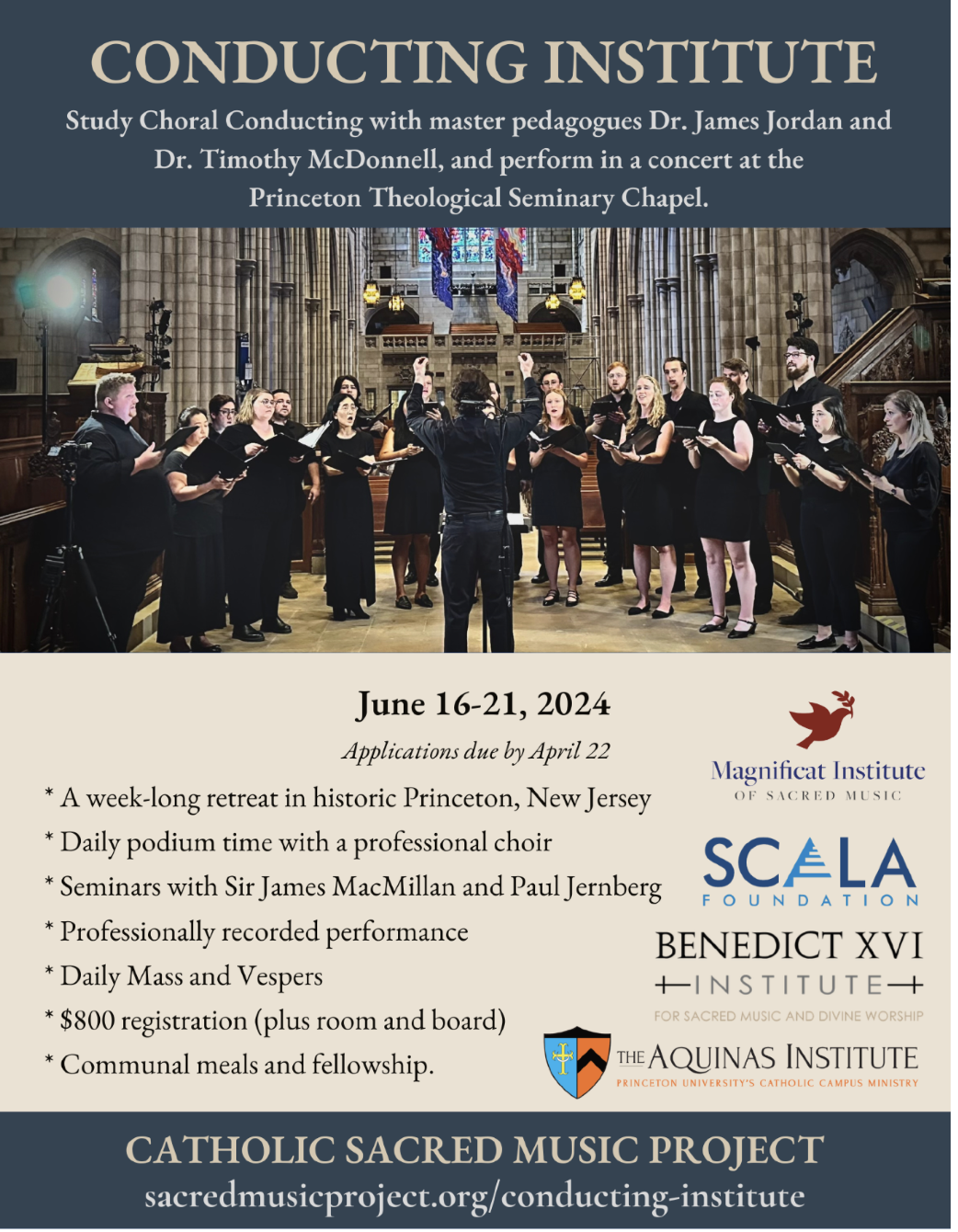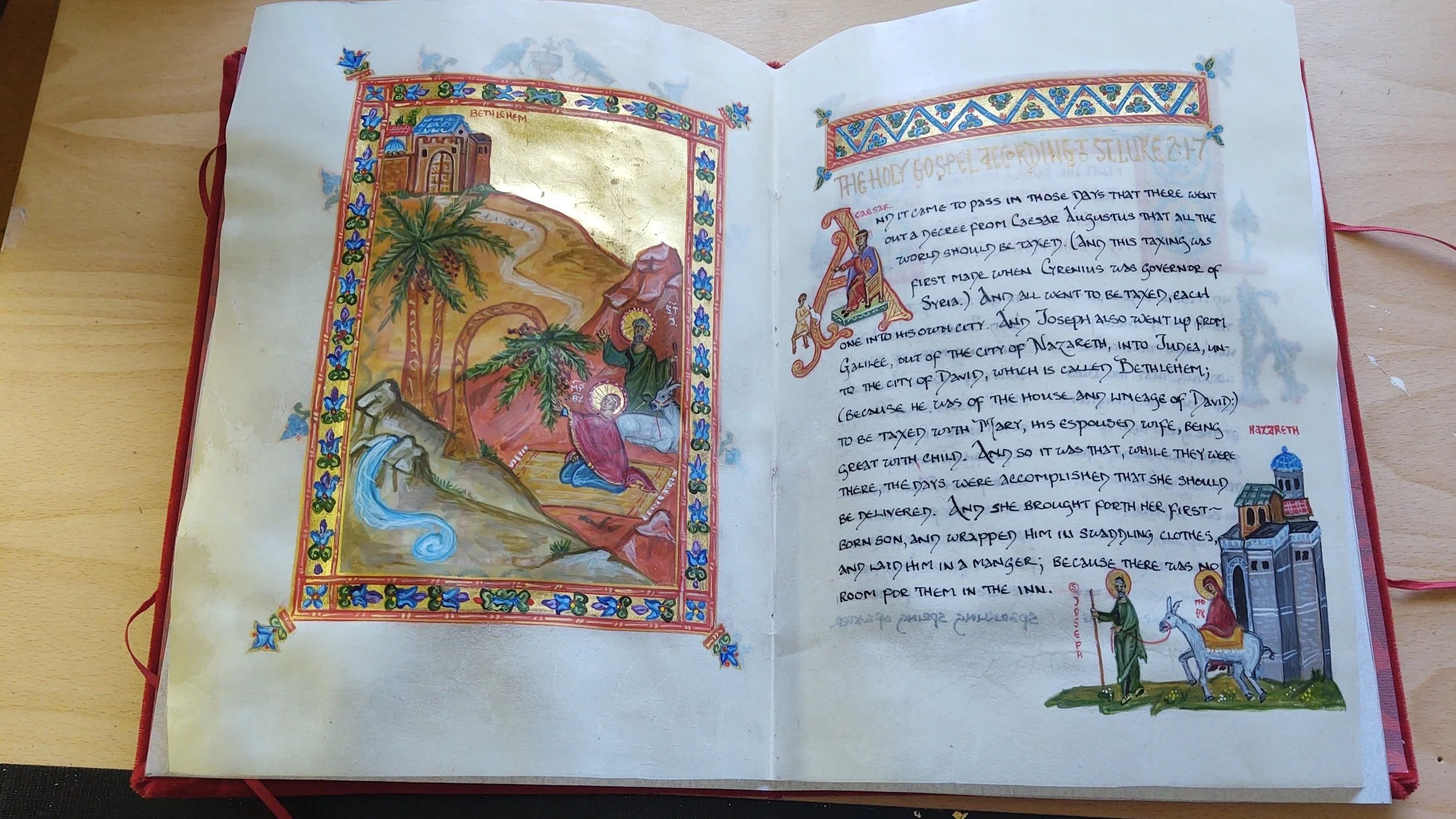Civic art, particularly public statues and monuments, plays a vital role in shaping and preserving a nation's cultural identity and values. Within the context of a Christian nation, these artistic expressions serve as tangible reminders of the foundational principles upon which the society is built and the ideals it strives to uphold.
Learn the Geometry of Cosmatesque Ornaments - Free Online Introductory Lessons from a Teacher Living in Rome
To learn more about these classes, go to her website, magdalenaganestam.com, or to her Instagram page, @magdalenaganestam.
Sir James MacMillan on Creativity and Sacred Music: From the Ashes of Modernism to Cultural Renewal
A Thought on How to Beautify Ugly Sacred Spaces when Diocesan and Government Bureaucracy are Opposed And Costs Are High
Commission a limited number of beautiful portable works of art in carved wooden housings. By commissioning and owning their own beautifully crafted but portable pieces such as a rude screen a reredos, and other well-placed images and religious statuary, clergy could reintroduce traditional iconography and sacred artistry elements into these otherwise uninspiring spaces.
Conference and Premiere of Mass in Honor of Blessed Karl of Austria, Washington DC, October 18-20, 2024
Thank you to composer Paul Jernberg of the Magnificat Institute, an old friend of ours at the Scala Foundation, for bringing this to my attention. Paul's newly composed Mass will be premiered this weekend, with the composer conducting the choir.
Blessed Karl of Austria was the last Emporer of the Austro-Hungarian Empire, ascending to the throne in 1916. He died in 1922. His cause for canonization was opened in 1949.
For further information about the event, contact Suzanne Pearson at sdpearson@verizon.netHere is the poster:
Book Recommendation: The Spiritual History of English, by Andrew Thornton-Norris
Is Beauty Worth It? Doesn't it Cost Too Much?
No! Beauty Transforms Us Spritually, Invokes the Principle of Superabundance that Generates Wealth for All, and Inspires Us to Love the Poor.
As St Francis of Assisi understood, beauty is a common-good, beneficial spiritually, to all who encounter it, rich and poor alike. But second, the poor will benefit materially as well. Faith inspires charity and so it will inspire the rich to give to the poor directly.













